
This time we rode a scooter from Shanhua to Nanxi District to visit the Meiling Scenic Area. The round trip was about 100 km, and we spent around 5 hours on the scooter, mostly visiting nearby places. I enjoy traveling by scooter, but not for long distances. Sitting all the way can be tiring. If we had driven a car, we probably wouldn't have found parking, and we wouldn't have been able to visit other places for the same reason. Not all the plums had bloomed yet, but there were already plenty of people.
Nanxi District is located at the northeast end of Tainan and shares a border with Dapu Township in Chiayi County, where we have also recently been. The Zengwen Reservoir Administration is located in this area. Nanxi District is situated on the tail edge of the Alishan Mountains, surrounded by mountains on all sides, with the Dawulong Basin in the center. The climate is a tropical monsoon climate, and the main industries are agriculture and tourism. The most famous fruits grown in the area are mangoes and carambola (starfruit).
Nanxi District was originally inhabited by the Zou people. Later, they moved to Chiayi County, and the Nanxi Mountain area became a settlement for Pingpu and Siraya people. In 1915, they were involved in an incident that resulted in a massacre by Japanese police. The residents suffered serious injuries, and their population was greatly reduced.
Meiling Scenic Area (梅嶺風景區)
The Meiling Scenic Area is situated in the hills of Nanxi District, ranging from 500 to 1100 meters above sea level. It is an open mountain area with trails of varying difficulty levels. Each season brings its own unique beauty to this area. In winter, the mountains are covered in plum blossoms. The flowering period starts in mid-December and continues until January of the following year. Summer is the season of fireflies, and the Wulong Trail is bustling with activity. Spring and autumn are the most pleasant times to visit Meiling. The hiking trails are filled with flowers, and the pleasant climate attracts many hikers. The area is also known for its plum-based dishes, such as plum chicken soup, vegetables in plum sauce, and steamed fish with plums.
The plum trees in Meiling were introduced and planted by the Japanese. The plum varieties were carefully selected to be suitable for the area. After World War II, the Japanese couldn't uproot and take away the plum trees that covered a large hillside. The plum trees were left for the Taiwanese people to continue planting. Taiwanese farmers not only took care of the plum trees but also successfully developed new varieties that were later imported to Japan.



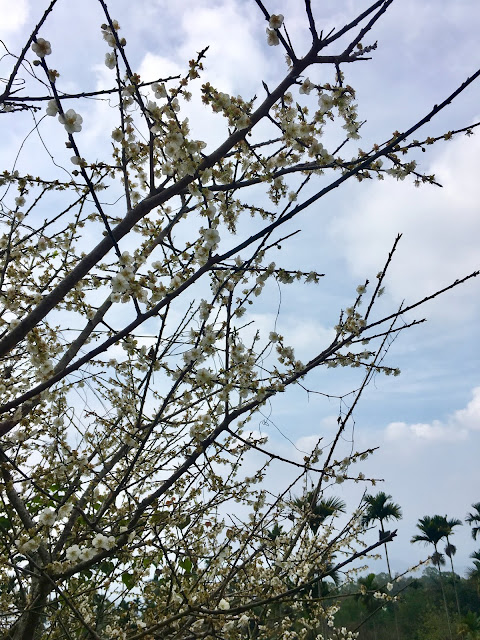
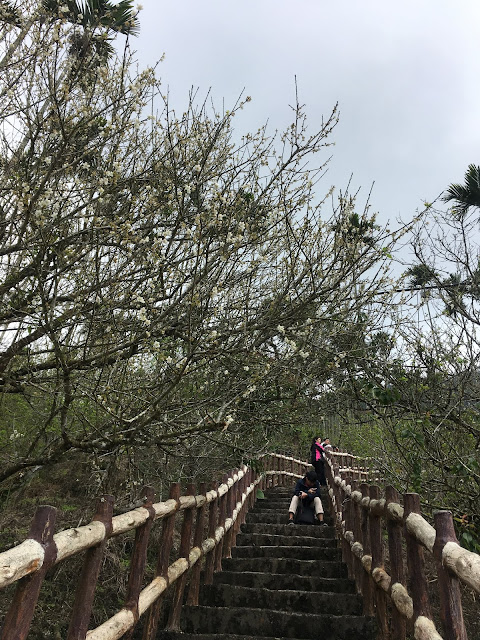


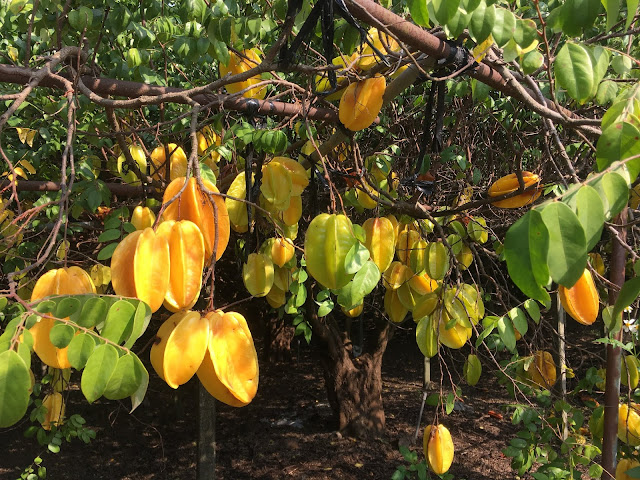



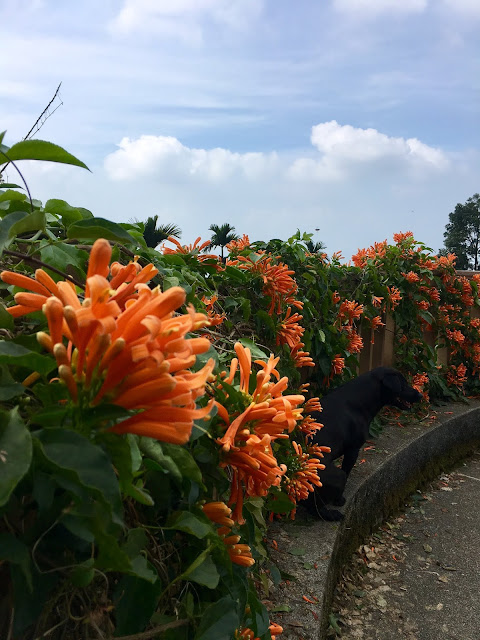



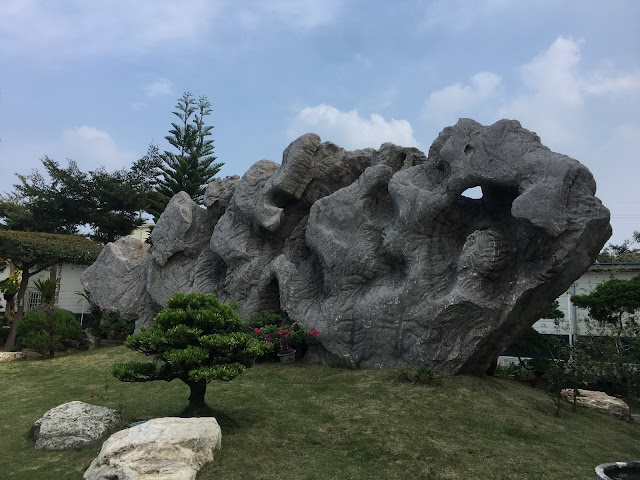
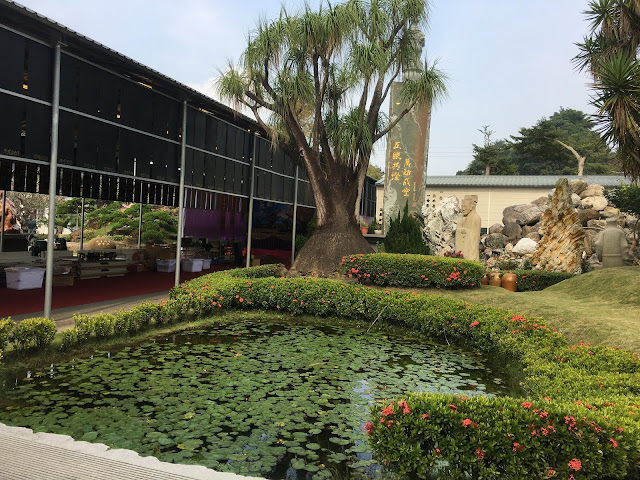



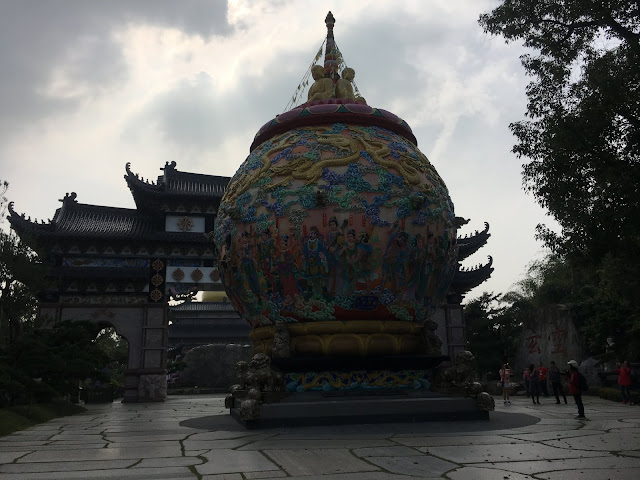










0 komentarze:
Post a Comment